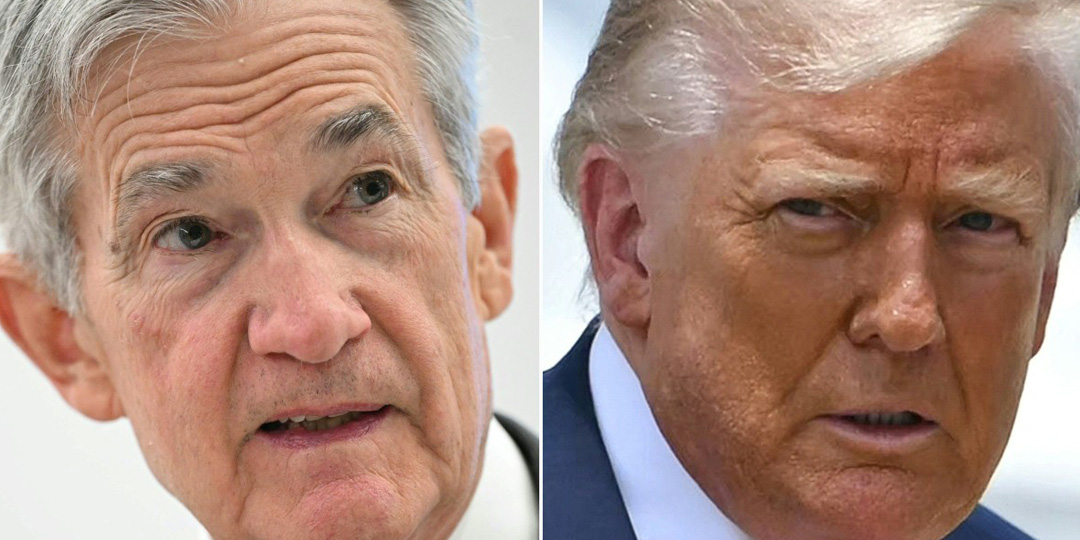A U.S. federal appeals court on Wednesday ruled that the executive order issued by former President Donald Trump to restrict birthright citizenship is unconstitutional, upholding a lower court’s earlier decision that had suspended the order.
The executive order, signed by Trump in January on his first day back in office as part of a broader immigration policy review, faces numerous legal challenges.
Judge Ronald Gould of the federal appeals court in San Francisco stated, “The federal court (that issued the suspension) correctly concluded that the interpretation proposed in the presidential executive order — denying citizenship to many individuals born in the United States — is unconstitutional. We fully agree.”
The 14th Amendment of the U.S. Constitution guarantees citizenship to anyone born on U.S. soil.
Trump’s order had stated that passports, citizenship certificates, or other official documents would not be issued to children born in the United States unless at least one parent was a U.S. citizen or a lawful permanent resident.
His administration argued that the 14th Amendment — adopted after the Civil War (1861–1865) to ensure the rights of formerly enslaved people and their children — does not apply to children of undocumented immigrants or temporary visitors.
The Supreme Court, where conservatives hold the majority, has not yet ruled on the constitutionality of the executive order. However, on June 27, it limited the authority of federal judges to suspend executive orders nationwide.
In a 6–3 ruling, the Supreme Court stated that such nationwide rulings likely exceed the authority granted to federal courts by Congress.
Nevertheless, on Wednesday, the San Francisco appeals court ruled that the Seattle federal court did not abuse its discretion when it blocked the executive order nationwide.
Agence France-Presse ©








